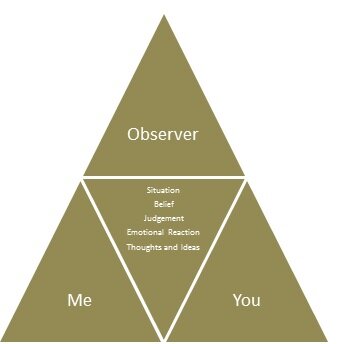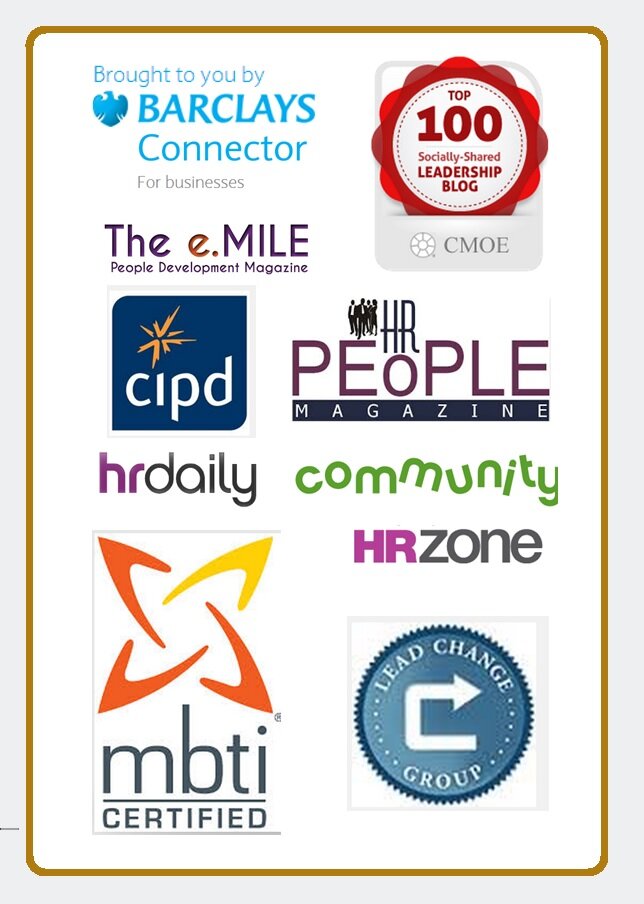 Finding balance while pursuing excellence
Finding balance while pursuing excellence
I met with some very dear friends earlier this week, we are friends and business colleagues and so much of the topic of conversation revolves around our respective business issues. We were recounting our progress with varying amounts of success. One of my projects is taking much longer than I thought, and I was happily talking about the qualitative changes I felt I must make before moving forward, when one of the group suggested that perhaps I should take the approach that “just good enough” might be the mind-set I needed right now. I immediately replied that I wasn’t prepared for “just good enough”, I wanted my product and services to be excellent. But as usual the exchange got me thinking. Was the pursuit of excellence on my part simply a delaying tactic?
As a master procrastinator I am usually more obvious in my efforts to avoid doing things I should, the tax return filed only 7 days before the deadline, the marketing product I have been working on for weeks but I always find something else more urgent to do. The friends I must call because I haven’t seen them for so long.
I have experienced first-hand, business owners who don’t move forward because they feel there is always more preparation to be done; when deadlines are missed because some other factor comes into play and they want to make sure everything is lined up before they move on. Such environments simply call time on innovation, motivation and enthusiasm, because nothing ever is achieved. My friend’s question made me think: Is this me?
Social media and globalisation has forced a pace on most businesses, not only to be active transparent and visible, but also to do things in an increasingly bigger, more connected and excellent way. The platform is equally open to large multi-nationals as well as the small sole trader. There is room for all, and the benchmark for excellence and the way we do business is changing rapidly. Will Yokowicz’s article “Get Ready for the Social Network of Things” gives a vivid picture of the mind-set shift which is taking place right now. Leadership Development programmes must help develop appropriate mind-sets moving forward.
There is no place to hide anymore; procrastination is not going to cut it, nor is anything other than a pursuit of excellence going to be tenable. How do we reconcile almost superhuman efforts with the fact that the vast majority of us are human? How do we drag our fallible, procrastinating, pressurised, vulnerable selves to balance work, relationships and conflicting demands, and still achieve visible excellence?
There are a number of ways we can negotiate the path of excellence without creating unnecessary stress, pessimism or doubt. Its vital leaders have a realistic strategy to both achieve the excellent results they need while on a daily basis recognising in what situations “just good enough” is acceptable. Here are my top 10 steps which help navigate the way through.
1. Be committed to achieving a clear vision
There are going to be days when achieving your vision seems like a million miles away. When this happens just keep the vision in mind and know that the universe is conspiring to help you achieve it.
2. Setbacks are simply learning curves
If you can develop the mind-set that setbacks are simply opportunities to make improvements then you will recover much more quickly. Not allowing despondency or doubt in, will accelerate growth.
3. Listen to your intuition
Sometimes a lack of progress or huge resistance is a big sign that you are working on the wrong thing. If you continually feel uninspired, stressed and pressurised then you are definitely on the wrong track.
4. Create a great team
You really can’t do it on your own. You need help to achieve excellence whether through employees, partnerships, contractors, a support network, friends and family.
5. Look after yourself
You need to take time out to rest, connect with others and do other things. Health is one of the biggest pre-requisites for achievement of excellence, and could be one of your biggest stumbling blocks if ill health prevails.
6. Be clear about your priorities and values
If for example a family crisis comes along and you need to delay then don’t agonise over your decision.
7. Plot small milestones and celebrate success
It is easy to forget all the hard work and successes you have had along the way. Sometimes you can get so focused on what’s not achieved, you don’t realise how much you have achieved.
8. Forgive yourself
When you set out on the road to achieving excellence you put your head above the parapet. You are not always going to feel like following your own path. When you feel like rebelling, then forgive yourself and get away from it until as long as it takes to get back into the right mind-set.
9. Don’t cling to results
You are going to get the right results at the right time. Even if you believe they are poor, they are simply results, giving you a nudge and an indicator to say you need to look again. A journey to excellence is about progression and constant re-evaluation.
10. Get it into perspective
In his book “” Michael Singer helps the reader get their life in perspective by saying “You’re sitting on a planet spinning around in the middle of absolutely nowhere”. That’s not to minimise your efforts towards excellence, but realising that in this world everything ends eventually helps you to enjoy the journey much more than focusing on the destination.
Having thought through whether I should settle for “just good enough”, my resounding answer is still “No”, but I realise there are days and times when maybe I have to settle for “just good enough” rather than excellence as a temporary measure, and when I get to those times, I simply take my own advice!
This great article is from the People Discovery blog, associated with The e.MILE People Development Magazine: the Magazine is currently running a series for the 6 months April to September 2014 based on the challenges identified by The Centre For Creative Leaderships report 2013 Don't Miss Out! Sign up here to be notified of our subsequent issues and posts

If you are a leader, you are continually developing and "Sharpening the Saw". If you lead and manage teams, then you must read about our Inspirational New Leadership Programme. Sign up now to find out more details when we launch in July 2014. There is no obligation to undertake the programme, if you sign up today, you will simply be sent more information about the programme. You can unsubscribe at any time! Click below to register for further information.

 Authentic Leadership skills include learning from relationships.
Authentic Leadership skills include learning from relationships.

 Three Ways We Block Success
Three Ways We Block Success

 I’ve wanted to write an article on perception for a long time, and for a while, until today, the words haven’t come.
I’ve wanted to write an article on perception for a long time, and for a while, until today, the words haven’t come. The Crucial Practice for Leaders
The Crucial Practice for Leaders I don’t think any of us can practice total open-mindedness because we continually have to make decisions and in order to make decisions we usually have to come to some sort of conclusion even if that means not making a decision at all.
I don’t think any of us can practice total open-mindedness because we continually have to make decisions and in order to make decisions we usually have to come to some sort of conclusion even if that means not making a decision at all.